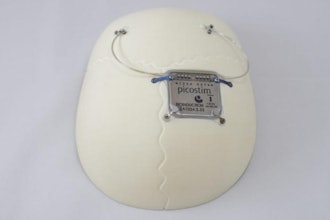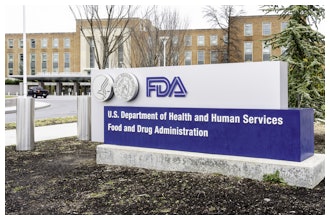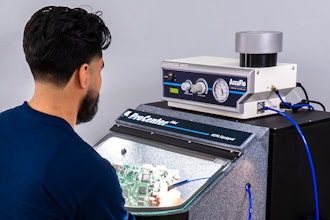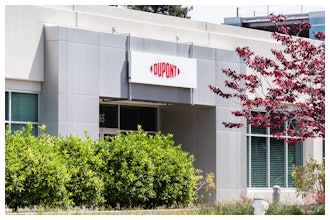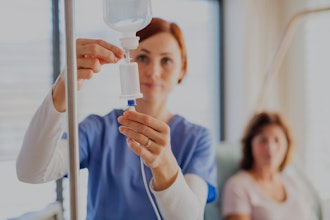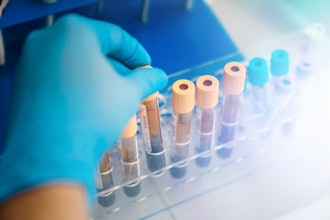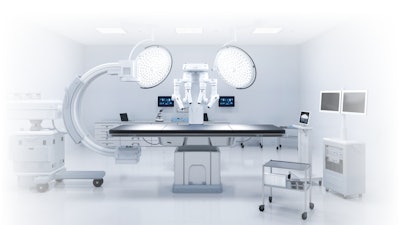
That the Corona crisis has changed the medical technology industry is indisputable. Fundamental market and competitive changes are also expected in the future, bringing with them opportunities and challenges in equal measure, according to the "Medical Technology Trend Report" study by SPECTARIS.
Accordingly, adjustments to the way companies work, expansion of digital sales channels and digital service solutions were described as the three most important effects. Likewise, corporate functions such as research & development and IT services are in particularly high demand - which poses renewed challenges for companies due to the shortage of skilled workers.
The political demands left clear traces in the health care system. A drastic shortage of health care and nursing professionals is driving the need for supportive processes.
This increases the need to maintain productivity through the increased use of medical technology. The requirements for medical devices have changed significantly and the focus is on the safety of patients and medical staff when operating medical devices.
Added to this are the changed technical requirements. Possible sources of error due to human operator error should be reduced to a minimum.
"This also increases the demand for robotics and automation to make medical devices even more powerful and safer," said Mathias Wuttke - Business Development Manager Medical Europe at ODU.
Particularly with regard to plug-in connections, this does not result in completely new products, but the detail requirements are increasingly increasing. From IEC 60601 requirements for MOOP and MOPP to product remanufacturing, extensive product testing is required. In addition, quality management controls are increasing, as defect-free, reproducible products are required more than ever.
From a technical point of view, one of the biggest challenges our customers currently face is with regard to clearance and creepage distances. These take on a completely different meaning due to the new evaluation of the products based on the MDR.
For example, the insulation diagram must be considered for the product and all safety-relevant points from IEC 60601-1 must be observed. In addition, there are the adapted requirements from the MDR, which demands not only the medical device manufacturers, but also the suppliers.
To implement the MDR, ODU maintains appropriate technical documentation, risk and change management and CMR substance management. Furthermore, complete traceability is ensured and there is the option of applying the Unique Device Identification (UDI) by laser marking.
The topics of patient and user protection (2 MOOP and 2 MOPP) are implemented in the products in compliance with IEC60601-1. Customer and application-specific applications or special designs with confections increase.
In general, companies face difficulties in procuring raw materials and correspondingly much longer lead times. Supply bottlenecks for raw materials and components are delaying production in all industries and additionally rising costs for energy are making products more expensive.
The mood of crisis is forcing companies to increase inventories, cut investments and attract more suppliers. Due to ODU's high vertical range of manufacture, challenges in the supply chain can be better balanced. The manufacturing sites on different continents support and complement each other.
Collaboration has changed due to digitalization.
"Customer and supplier have moved even closer together and digital communication and cooperation options make processes more effective and faster," said Stefan Wittmann, Application Manager at ODU.
Nevertheless, personal contact is important, especially during initial contact and project start-up, in order to define requirements concretely and discuss possibilities.










